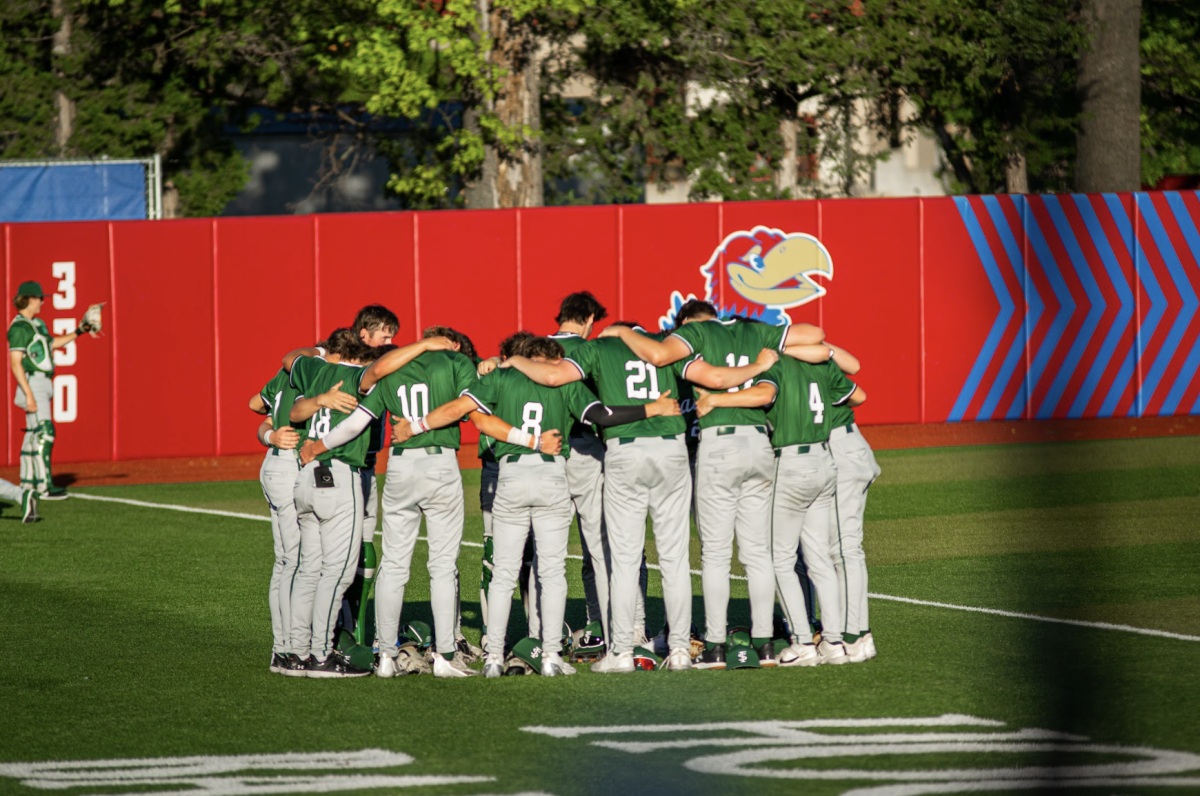The rape case that occurred on the night of Aug. 11 and early morning of Aug. 12, 2012, in Steubenville, Ohio is sickening: a 16 year old girl, intoxicated to the point of unconsciousness, was groped and probed by Ma’lik Richmond and Trent Mays, two local 16 and 17 year-old football stars.
Multiple onlookers reportedly egged on the abuse–one boy even encouraged the rapists to pee on the girl.
If that’s not enough, text messages and other multimedia concerning the victim and the rape were circulated around the high school. Pictures were even posted on Twitter showing the girl half-naked and passed out; her limp body being carried from a party by her hands and ankles by the two boys to a car, where she was raped again.
The most disgusting aspect of the situation is both the rapists’ and the bystanders’ blatant disregard of the fact that the girl was not conscious. She could not give consent, she could not say “stop,” or “no.”
Mays, one of the rapists, had described the girl in a text to a friend as “like a dead body.” And one witness of the trial testified, “She wasn’t moving. She wasn’t talking. She wasn’t participating.” This raises the question: what kind of society allows a boy to be comfortable with engaging in sexual activity with a completely nonresponsive girl?
Apparently ours does, because situations like the Steubenville rape occur all the time, mostly without repercussions. It must be realized by society as a whole that what they did was wrong on a moral level, in addition to being illegal. However, prosecuting is definitely a start.
Webster’s dictionary defines rape as “unlawful sexual activity and usually sexual intercourse carried out forcibly or under threat of injury against the will usually of a female or with a person who is beneath a certain age or incapable of valid consent.” It’s a fairly straightforward definition, yet still some insist there are exceptions and grey area.
For example, one 18 year-old Steubenville athlete testified that he witnessed Richmond penetrate the unconscious girl with his fingers in the party’s basement. When prosecutors asked why he didn’t intervene, he replied, “It wasn’t violent. I didn’t know exactly what rape was. I thought it was forcing yourself on someone.”
When I first read about the story my thoughts immediately jumped to the victim’s friends. Where were they? How could they watch their unconscious, unaware friend be sexually assaulted? Why didn’t they try to stop the boys, and remove their friend from the situation altogether?
As I read on, I saw that the girl’s friends had been called on, and that they were in fact testifying in court… for the defense.
One of the witnesses, a self-described “former best friend” of the girl testified against the victim. The victim told the witness she thought she was drugged on the night of the rape, but the witness did not believe the victim because the victim “lies about things.”
Although the toxicology report did come back negative, the fact that the victim was digitally penetrated while unable to give consent is undeniable. Yet her friends were witnesses for the opposite side.
One teenage girl was even arrested for tweeting death threats to the Steubenville victim.This goes to show that the “rape culture” in America extends far beyond misogynistic men.
I’m not going to say that it’s only females’ responsibility to work to end rape culture and “slut shaming,” because it’s not. But women should be able to relate on a greater scale, because it could happen to any of them. We as females must band together and show support.
Yet another example of the rape culture that engulfs us is the media’s initial portrayal of the situation. Instead of lamenting the actual rape, Mays and Richmond were victimized as two promising football players who may never accomplish their dreams because of the incident.
Their football coach also participated in a cover-up of the rape, and yet he has faced zero consequences for his actions.
The longstanding belief that some women “invite” rape by dressing provocatively or drinking or being in a bad situation is completely outdated and insulting. It’s undeniable that the victim should not have gotten drunk to the point of incapacitation, but it’s not fair to assume that, when it did happen, she was opening her body up for violation.
For instance, an equally drunk male does not have to worry about being sexually assaulted. Why is it a woman’s responsibility to go out of her way to make herself less vulnerable to rape? Women should be able to walk down a street late at night or wear a revealing shirt without harboring fear of being raped, much less being accused of “asking for it.”
Regardless of circumstances like shortness of skirt, or level of intoxication or how bad the neighborhood, it’s still the rapist’s fault. Somehow the definition of rape and sexual abuse must be realized, acted upon and denounced.















